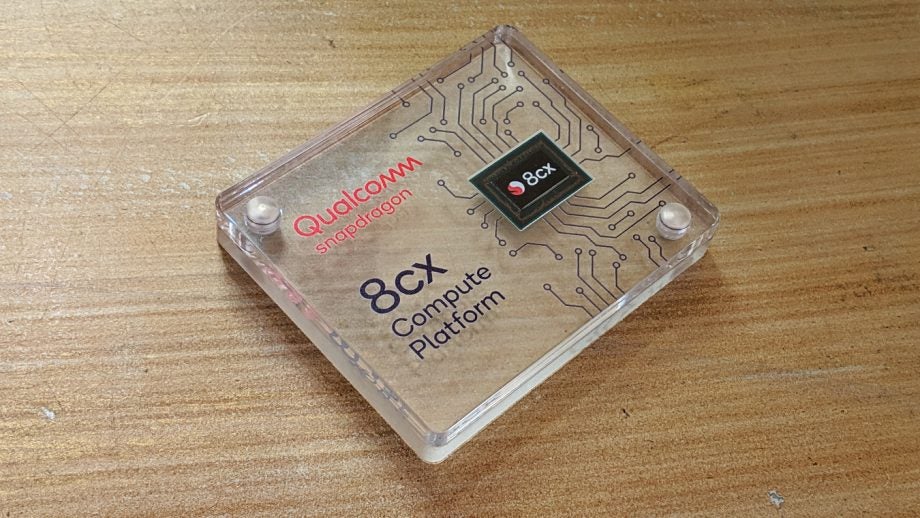Apple and Qualcomm make peace to set scene for iPhone 5G

Apple and Qualcomm have settled their long running legal disputes over alleged misuse of the chipmaker’s intellectual property.
In a surprise press release on Tuesday, Apple and Qualcomm say they have agreed to drop all ongoing litigation. The agreement includes Qualcomm’s allegations made against Apple’s contract manufacturers.
Instead, the two US tech giants have reached a six-year global license patent agreement – with the possibility of a two-year extension – as well as a chipset supply agreement moving forward. Apple has also paid Qualcomm an undisclosed financial sum as part of the settlement.
In a statement, Apple wrote: “Qualcomm and Apple today announced an agreement to dismiss all litigation between the two companies worldwide. The settlement includes a payment from Apple to Qualcomm. The companies also have reached a six-year license agreement, effective as of April 1, 2019, including a two-year option to extend, and a multiyear chipset supply agreement.”
As well as the ceasing of hostilities, the agreement ends the possibility of widespread iPhone sales bans, following initial verdicts in Qualcomm’s favour in several courts around the world.
Related: Best iPhone 2019
It also clears the way for Qualcomm components, including the company’s 5G modems, to potentially be included in future 5G iPhone handsets, perhaps as soon as 2020. Apple was thought to be favouriting the Intel chips for their next-gen phones, but recent hints of production displays may be somewhat behind Apple’s willingness to make peace.
The wide-ranging dispute saw Qualcomm allege that iPhones made with Intel chips infringed upon two of its patents, pertaining to data download speed and quality. Apple alleged Qualcomm had sought royalties for “technologies it had nothing to do with,” sparking a two year battle, with Qualcomm saying its tech was “at the heart” of every iPhone.
Neither company has commented on the settlement beyond the press release.
Does this mean an iPhone 5G running Qualcomm internals is now a given? Let us know @TrustedReviews on Twitter.


